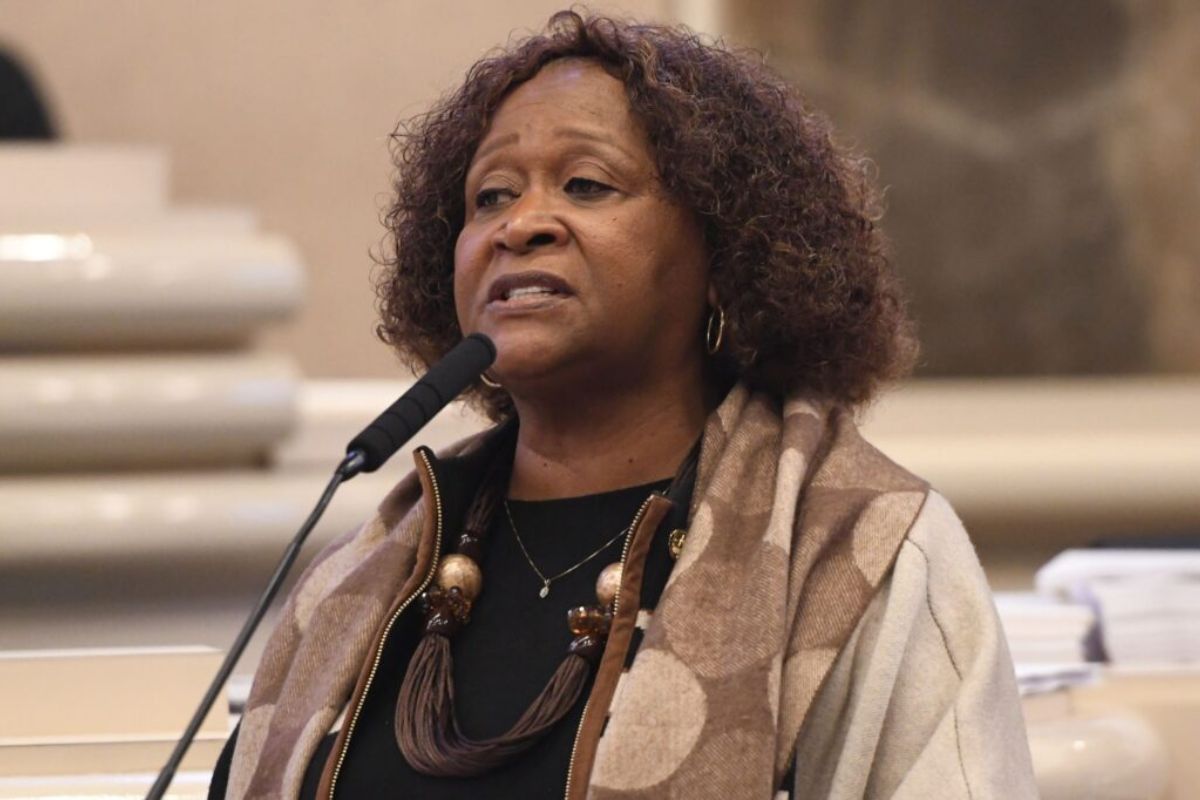Alabama Governor Enacts First Grade Readiness: Governor Kay Ivey’s recent approval of HB 113 in Alabama, requiring kindergarten completion or equivalent assessment for first-grade entry, marks a significant step towards reshaping early education standards in the state. This legislation, championed by Rep. Pebblin Warren, aims to bolster school readiness and establish a solid educational groundwork for young learners.
By exploring the implications of this new law on educational equity, social dynamics, and long-term academic outcomes, a deeper understanding of its potential transformative effects emerges, shedding light on the broader implications for Alabama’s educational landscape.
Alabama Passes Bill Requiring Kindergarten Completion for First Grade Entry
Alabama’s recent legislative development mandates that students must complete kindergarten or pass an equivalent assessment to be eligible for entry into first grade. Governor Kay Ivey signed HB 113 into law, a bill sponsored by Rep. Pebblin Warren, D-Tuskegee, that had faced Senate stalling in previous years. Governor Ivey lauded the bill as a proactive step towards enhancing early education, highlighting the significance of establishing a solid educational foundation from the outset.
This legislation marks a pivotal moment in Alabama’s education system, aiming to guarantee that students are adequately prepared for the rigors of first grade. By requiring kindergarten completion or a suitable assessment, the state seeks to set children on a path towards academic success early in their educational journey.
The bill’s passage signifies a commitment to prioritizing early childhood education and addressing potential gaps in school readiness that may impede students’ future academic achievements. Alabama’s decision to enact this legislation reflects a dedication to fostering a supportive and enriching learning environment for all students.
Legislative Background and Republican Priority
The legislative background surrounding HB 113, a Republican priority, reveals the challenges it faced in the Alabama Senate despite prior approval in the House. Sen. Donnie Chesteen, R-Geneva, emphasized the significance of the bill, highlighting its primary goal of ensuring that students are adequately prepared for first grade. The bill’s passage signifies a substantial step towards fortifying Alabama’s education system and mitigating the risk of student retention at an early age.
Despite garnering support in the House, HB 113 encountered obstacles in the Senate, reflecting differing perspectives on the best approach to enhancing first-grade readiness. Republican lawmakers pushed for the bill’s passage, underscoring the importance of establishing a strong educational foundation for young learners.
The debates and discussions surrounding HB 113 underscore the complexities of shaping education policy and the varying priorities within the legislative process.
The journey of HB 113 through the Alabama Legislature highlights the intricate dynamics at play when addressing educational reform, showcasing the dedication of lawmakers to improve the state’s education system.

ALSO READ: Alabama Approves Bill Removing School Work Form Requirement for Teens
Implementation and Future Impact
With the implementation of HB 113, the emphasis now turns towards evaluating its potential long-term effects on first-grade readiness in Alabama.
The bill’s provision allowing all students to enter first grade in the 2025-26 school year, with readiness assessments in the subsequent year, marks a significant shift in the state’s educational landscape.
Rep. Pebblin Warren’s unwavering support underscores the legislation’s vital role in adequately preparing students for the academic rigors of first grade. By focusing on enhancing educational outcomes, the legislation aims to guarantee that students are equipped with the necessary skills and knowledge to excel in their early academic journey.
By setting a standard for first-grade readiness, Alabama may see improvements in student performance, reduced retention rates, and increased overall academic achievement.
Additionally, a focus on early preparation could lead to long-term benefits such as higher graduation rates and a more skilled workforce.
As the implementation progresses, monitoring and evaluating its effects will be instrumental in gauging the legislation’s success and informing potential future educational policies.
News in Brief
The enactment of HB 113 in Alabama signifies a significant step towards enhancing early education and ensuring school readiness for first-grade students. This legislation reflects the state’s commitment to improving academic outcomes and reducing retention rates by prioritizing a strong educational foundation.
By mandating kindergarten completion or equivalent assessments for first-grade entry, Alabama aims to set students up for success and foster a culture of academic achievement.

